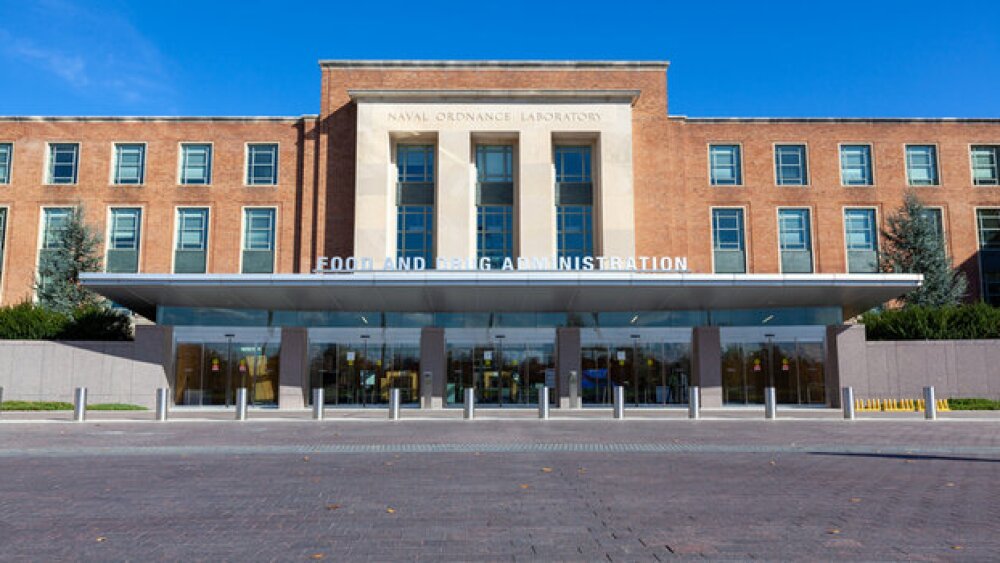Novartis plans to make the drugs available to government, non-governmental organizations (NGOs) and other institutional customers in up to 79 countries at no profit.
Switzerland’s Novartis launched an initiative to assist patients in low-income and lower-middle-income countries in getting access to affordable drugs for COVID-19. Specifically, they are making 15 drugs from its Sandoz division available that can be used to treat symptoms related to COVID-19. They are drugs for gastrointestinal illness, acute respiratory symptoms, pneumonia and septic shock.
Novartis plans to make the drugs available to government, non-governmental organizations (NGOs) and other institutional customers in up to 79 countries at no profit. In addition, the initiative will allow the countries to pick therapies in the portfolio that they need. The primary eligibility requirement is that the countries are on the World Bank’s list of low-income and lower-middle-income (LIC; LMIC) countries.
“Access to medicine can be a challenge for patients in low- and lower-middle-income countries and the situation has worsened during COVID-19,” said Lutz Hegemann, chief operating officer for Global Health at Novartis. “With our COVID-19 portfolio, we wish to help address the additional healthcare demands of the pandemic in the countries we are targeting.”
The drugs included in the Novartis COVID-19 Response Portfolio are: Amoxicillin, Ceftriaxone, Clarithromycin, Colchicine, Dexamethasone, Dobutamine, Fluconazole, Heparin, Levofloxacin, Loperamide, Pantoprazole, Prednisone, Prednisolone, Salbutamol and Vancomycin.
The company indicates the portfolio is in addition to the Novartis Access portfolio, which are “on- and off-patent medicines against key non-communicable diseases,” by way of the local Novartis or Sandoz affiliate.
According to Reuters, Novartis’ initiative caused the NGO Doctors Without Borders to call for more drug pricing transparency and for the biopharmaceutical industry to follow “no profiteering” initiatives for new COVID-19 therapies.
Hegemann told Reuters that the company has not had supply chain problems for these drugs, but the focus was on ensuring that the vulnerable healthcare systems in Africa, Asia, South America and Eastern Europe didn’t become overwhelmed.
“We shouldn’t underestimate the stress that COVID puts particularly on fragile health system,” Hegemann told Reuters. He said the company planned to work with health authorities, faith-based organizations and NGOs to eliminate markups on drugs. “We are not targeting classical commercial distribution channels, but very direct channels.”
For the most part, Novartis’s branded drugs aren’t commonly used to treat COVID-19, and its malaria drug hydroxychloroquine has had very mixed results in clinical trials for the disease. But Sandoz is the Swiss company’s generics division and has many drugs that are used to treat symptoms of COVID-19 in patients in the hospital. They are typically steroids, antibiotics, an antifungal and lung medication. Most of them have been around for decades and are relatively inexpensive to manufacture.
“Novartis should publish the actual ‘at cost prices’ for these medicines, as well as any costs of R&D and costs of production for all of their medicines,” a spokesperson for Doctors Without Borders said. “Additionally, we hope that corporations like Novartis will follow similar ‘no profiteering’ initiatives for any new COVID-19 products.”
To date, Novartis has donated $40 million in support of communities globally impacted by the pandemic. They are also involved in two cross-industry research programs, the COVID-19 Therapeutics Accelerator, coordinated by the Bill & Melinda Gates Foundation, Wellcome Trust, and Mastercard, and a COVID-19 directed partnership organized by the Innovative Medicines Initiative (IMI).
It is still supplying hydroxychloroquine for investigator-initiated clinical trials and when governments require it, as appropriate. It is also supporting clinical trials of several of its drugs for COVID-19. In addition, AveXis, its gene therapy unit, inked a manufacturing agreement with Massachusetts Eye and Ear and Massachusetts General Hospital to manufacture its novel genetic COVID-19 vaccine candidate, AAVCOVID.
“This initiative builds on our earlier global commitment to keep prices stable for a basket of essential drugs used to treating COVID-19 patients,” said Richard Saynor, chief executive officer of Sandoz. “The COVID-19 Response Portfolio for low-income and lower-middle-income countries is designed to support governments in treating COVID-19 symptoms before they lead to complications in patients.”





